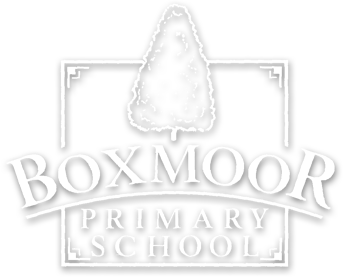Religious Education
Curriculum Rationale
Religious Education is received by all children in discrete classroom teaching. The children will be involved in learning about many religions of the world and increasing their knowledge and respect for the many cultures and beliefs. The teaching of Religious Education follows the guidelines laid down by Hertfordshire County Council in the agreed syllabus. We also supplement this with other resources, where relevant. There are 8 strands of learning:
- Beliefs and practices
- Sources of wisdom
- Symbols and actions
- Prayer, worship and reflection
- Identity and belonging
- Ultimate questions
- Human responsibility and values
- Justice and fairness
Parents and carers have the right to withdraw their children from Religious Education and those wishing to do so should consult the Head teacher.
Intent: To develop a deepening knowledge and understanding about a range of religious and non-religious worldviews so that pupils can: reflect on their own thoughts, feelings, experiences, ideas, values and beliefs with increasing discernment.
Implementation: RE will enable pupils to develop their own sense of identity and belonging and promote respect for the right of others to hold different beliefs, values and ideas.
Impact: For pupils to develop spiritually, academically, emotionally and morally to enable them to better understand themselves and others and to cope with the opportunities, challenges and responsibilities of living in a rapidly changing, multicultural world.
Hertfordshire Syllabus
We follow the Hertfordshire Agreed Syllabus for RE which aims to enable schools to achieve high quality Religious Education for all. We are currently transitioning to using the new curriculum which runs from 2023-2028. We will refine and develop our long term plan to take account of the new emphasis on worldviews. Teaching needs to provide pupils with a systematic knowledge and understanding about Christianity, principal religions and worldviews which give life value. RE aims to enable pupils to become religiously and theologically literate so they can engage in life in an increasingly diverse society. It is not about telling pupils what religious views they should have but rather assists them in gaining shared human understanding, developing personal identity and searching for meaning in the context of evaluating different viewpoints. We encourage children to reflect on what they think personally about a range of topics. If they are happy to they can share their own ideas.
